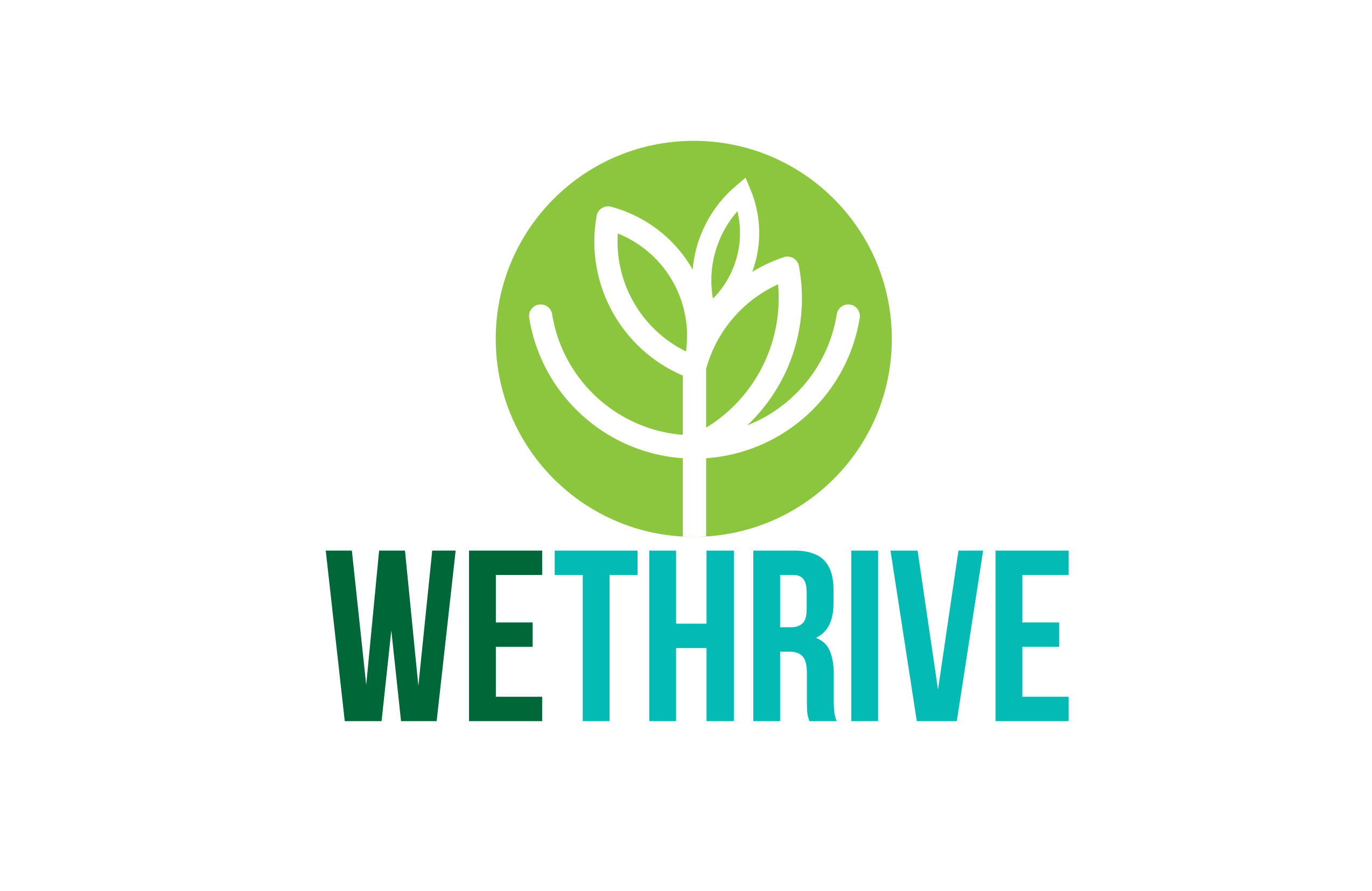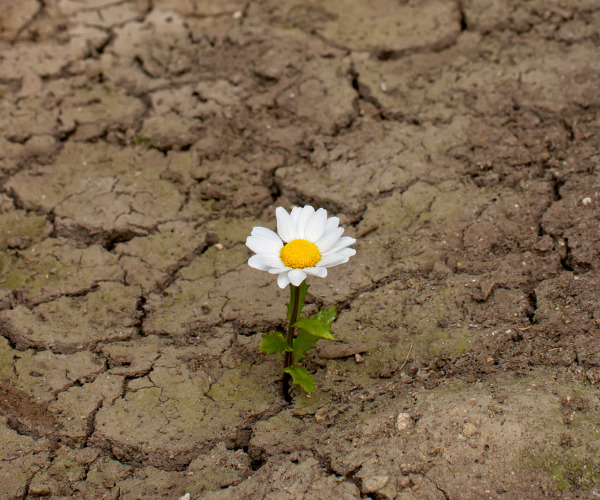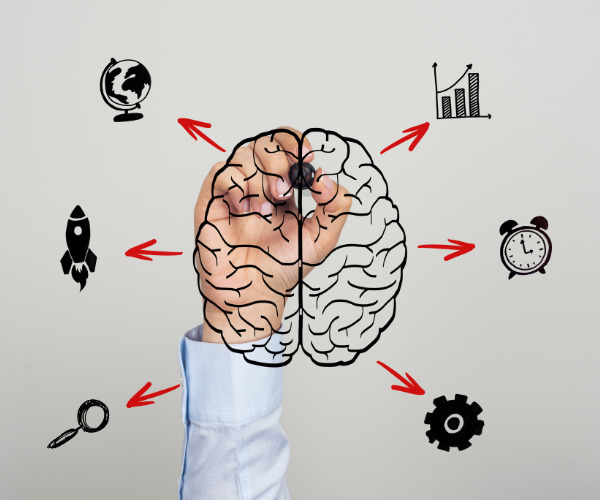“Handling our suffering is an art. If we know how to suffer, we suffer much less, and we’re no longer afraid of being overwhelmed by the suffering inside.”
Thich Nhat Hanh, Zen Master and Peace Activist
Recent developments in our global fight against the COVID-19 pandemic has thwarted many plans for re-opening and “returning to normal” in different parts of the world. With the Delta variant getting ahead of vaccination efforts, the sight of an end to the pandemic has become more hazy and uncertain. Lockdowns are continuing and with it our experience of prolonged social isolation, limited recreational opportunities, and heightened anxiety about our safety and security. There is no way around facing our present reality but to see it as it is. Among the Four Noble Truths taught by the Buddha, the first one is to recognize that suffering is part of life. In the same way,
resilience doesn’t come from denying or downplaying the challenges we’re confronted with.
In fact a significant factor in surviving extreme adversity, according to resilience research, is facing down reality—taking a sober, down-to-earth view of our situation (Diane L. Cuotu, How Resilience Works, Harvard Business Review, 2015).
Cultivating resilience amidst hardship is a practice that requires intention and brave inner work, that is being willing to roll up our sleeves to sharpen our “inner game.” It would be gravely misleading to paint a picture of resilience being born out of merely “thinking positive” and keeping ourselves distracted from our unpleasant emotions. These so-called coping tools will easily break under the weight of prolonged hardship. We need to think of resilience cultivation in terms of samurai or dojo training, seeing ourselves as warriors-in-training, strengthening our skills to meet difficulty with the power of our inner practice. These times invite us to harness our deeper human capacities, the gift of awareness that opens the door to acceptance, that opens the door to wisdom, that opens the door to skillful action, that opens the door to inner solidity and genuine resilience. We invite you to cultivate resilience through these dojo practices of radical acceptance, searching for meaning, and opening to what’s new. As we practice these skills, we learn what the Zen Master Thich Nhat Hanh calls the art of suffering. These practices don’t just benefit ourselves, but also enable others to experience the wholesome ripples of energy that we create when we are deeply grounded. These are times for brave work and we all have it within us to make it happen.
PRACTICES FOR CULTIVATING RESILIENCE AMIDST UNCERTAINTY
Radical Acceptance
Psychologist and philosopher William James once said, “The first step in overcoming any misfortune is to allow it to be.” Radical acceptance is a practice that enables us to break through the inner resistance to painful events and emotions that come our way. It means accepting our present reality totally and completely, with our mind, heart, and body. By meeting our hardship with radical acceptance, we stop fighting reality which causes a build-up of stress and tension in our minds and bodies.
Radical acceptance doesn’t mean that we approve of what happened and what’s happening. It is not giving up or giving in. It is acknowledging reality so we can direct our psychological and emotional resources to move forward and effectively face our challenges.
We can pause and spend some time asking ourselves, “What am I resisting?” The first step is to simply observe and notice our resistance to the way things are. We can then notice where and how the resistance is showing up in our body, the way we’re holding on to tension, in our feelings of resentment, and in our looping thoughts about how reality should be. As we become aware of resistance, it is often helpful to meet it with an embodiment of acceptance—taking mindful breaths to create internal space, opening our palms and half-smiling to inhabit a posture of willingness, and being patient with resistance if it feels immovable. We don’t have to fight with our resistance. Radical acceptance is a process which can start with accepting the resistance that we’re experiencing in this moment. When we’re getting stuck with resistance, we can also ask ourselves, ‘What’s the threat?” The response to this question allows us to filter through the factors we can control and to focus our attention on what we can do instead of continuing to fight what we can’t change.
Searching for Meaning
The ability to see reality is closely linked with resilience. Resilient people build bridges from adversity to possibility by devising a constructive view of their suffering. In his book Man’s Search for Meaning, Austrian psychiatrist and holocaust survivor, Viktor Frankl recounted his experience of being in the concentration camp, facing immense suffering and the reality of death every day. Frankl discovered that in order to survive, he had to find some purpose. Frankl created goals such as imagining himself giving lectures in psychology and helping others understand what happened during the war so that humanity can learn from its hard lessons. Finding and creating meaning carried him through what appeared to be a hopeless situation. Post-war, he went on to become a pioneer in developing meaning therapy.
As we face hard times, we can resist the impulse to view ourselves as a victim and to blame life. Rather, we can look at our suffering from an angle that enables us to create meaning for ourselves and others. A question we can ask ourselves is, “When this hardship has ended, who will I become? What will I have learned? How could I rebuild my life in a way that unleashes my true potential?”
Opening to the New
Looking back over the past 18 months since we’ve experienced this drastic change in our world, what has changed within us? What has changed in our life? Change can trigger our fears and insecurities as we face what’s unfamiliar and uncomfortable. However, these moments of disruption, are also meant to catalyze our growth and development.
If we are mindful and aware, we can use our struggles as a starting point for transformation.
By being aware of how we are experiencing changes and transitions in our lives, we can support the arc of our growth, the larger picture of our journey as a human being.
Jeremy Hunter, author and founder of Executive Mind Leadership, outlines three important stages in opening to the new, each stage requiring unique efforts.
- The first stage involves seeing and acknowledging that something has ended. We have to admit that something familiar and comfortable has come to an end. It is important that we take time to properly mourn what we’ve lost. We need to ask ourselves, “How am I experiencing an ending? What am I being asked to let go of?” We might be invited to accept our sadness, our grief, our feelings of loss.
- The second stage is the in-between period, the middle zone of forming a new pattern. Like a caterpillar in the middle of transforming into a butterfly, we need to surrender to transformation.
- This stage involves facing the discomfort of being uncertain, unstable, and unclear. Our anxiety can get activated by being in this awkward in-between stage. But by recognizing that evolution is transpiring, we can become more forbearing with our discomfort. We can flow with the opportunity to explore and experiment with new ways of living our lives, to keep trying, and moving ahead. Eventually, there will be a gradual emergence into the third stage where we welcome new energy, rebirth, and renewal.
By allowing versus resisting change, we open ourselves to the inner expansion that makes our lives fuller.


